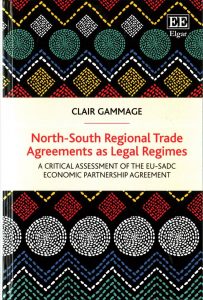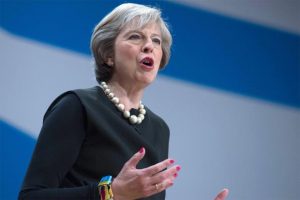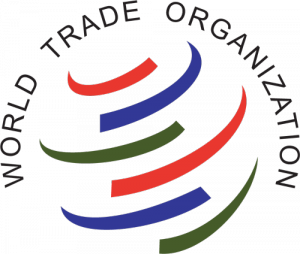By Dr Clair Gammage & Dr Amaka Vanni, For and on behalf of the IEL Collective
In 2019, a group of scholars in the discipline of International Economic Law (IEL) launched the IEL Collective to provide a space for critical reflections of the regulation and conduct of states, international organisations and private actors in economic governance within and across state boundaries. International economic law (IEL) as an arena of scholarship, policy and practice has developed exponentially over the past three decades, evolving from a sub-field of public international law into a multi-layered, highly specialised discipline of its own. As a field of study, IEL encompasses a broad range of issues relating to the law, regulation and governance of the global economy, including trade, investment, finance, intellectual property, business regulation, energy and competition law. It is a discipline that intersects with other disciplines, such as international and domestic labour law, human rights, and environment as recognised by the United Nation’s 2030 Agenda for Sustainable Development. However, in the discipline of IEL there remain significant questions over the plurality and diversity of methodologies, voices and viewpoints. (more…)





